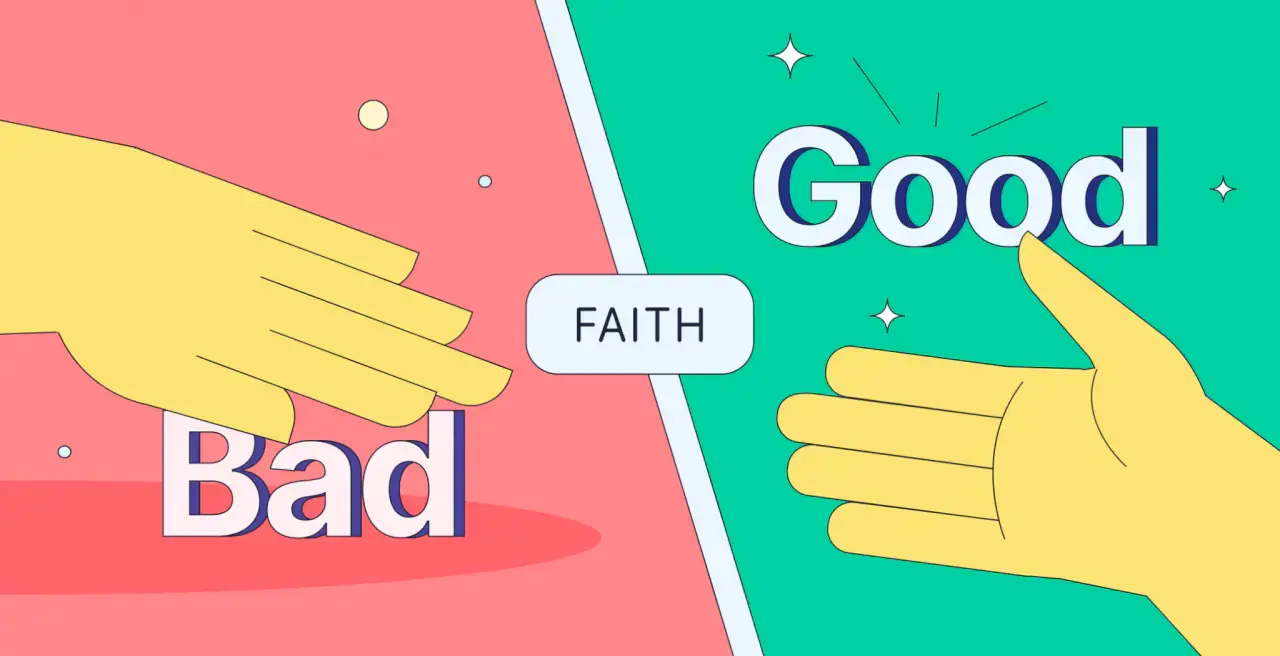
Breaches of Good Faith
What It Is
The duty of good faith is the cornerstone of all employment relationships in New Zealand.
It requires both employers and employees to be active, open, and honest with each other — not misleading or deceiving, and communicating in a way that maintains trust and confidence.
A breach of good faith can occur in many situations:
- Unexplained changes to duties, pay, or hours.
- Withholding important information during disciplinary or redundancy processes.
- Concealing decisions affecting job security.
- Retaliating against employees for raising genuine issues.
The obligation is continuous and applies to every aspect of employment — from recruitment to termination.
Your Rights and the Law
- ERA 2000 s 4(1A) — Parties must be active and constructive in maintaining a productive relationship in which they are responsive and communicative.
- ERA 2000 s 4(1B) — Employers must provide information relevant to decisions likely to affect employees’ ongoing employment.
- ERA 2000 s 4A — Serious or intentional breaches can lead to monetary penalties.
- ERA 2000 s 103(1)(b) — A breach of good faith causing disadvantage may be raised as a personal grievance.
- Vice-Chancellor of Massey University v Wrigley & Kelly [2011] NZEmpC 37 — Good faith includes disclosing “all information in the minds of decision-makers.”
- Just Hotel Ltd v A Labour Inspector [2023] NZEmpC 80 — Failure to cooperate or disclose information to the Labour Inspector was a breach of the duty of good faith.
Process (How a Case Generally Proceeds)
- Identify the Conduct — note instances where the employer failed to disclose, misled, or acted dishonestly.
- Request Information in Writing — formally request documents or reasons for decisions.
- Raise a Personal Grievance within 90 days (ERA s 114).
- Mediation (MBIE) — early, confidential opportunity to resolve.
- Mediation – The Ministry of Business, Innovation & Employment (MBIE) provides free mediation to seek early resolution. The process is voluntary and both parties must agree to attend. Most cases reach resolution at Mediation.
- Employment Relations Authority Investigation – If unresolved, a Statement of Problem is filed; the Authority investigates and issues a written determination.
- Employment Court Appeal – Possible for errors of law or procedure.
Potential Outcomes / Remedies
- Compensation for hurt, humiliation, and loss of dignity (ERA s 123(1)(c)(i)).
- Lost wages where breach led to income loss (ERA s 128).
- Penalties against the employer (ERA s 4A).
- Orders for disclosure or process change.
- Reinstatement or correction of disadvantageous decisions.
- Costs and interest where applicable.
Take Action Today
If your employer has acted deceptively, withheld information, or failed to consult you on decisions affecting your employment, you may have a claim for breach of good faith. Get in touch with us to arrange a no-obligation consultation about your situation. We’ll assess your case, explain your options, help gather evidence, request your employment file, and help you pursue the justice and compensation you deserve.
